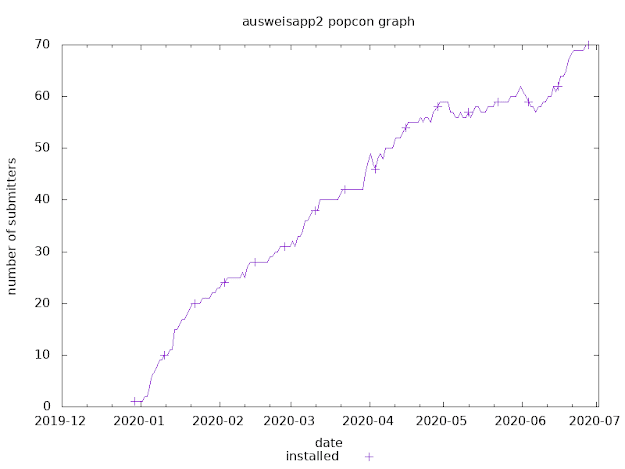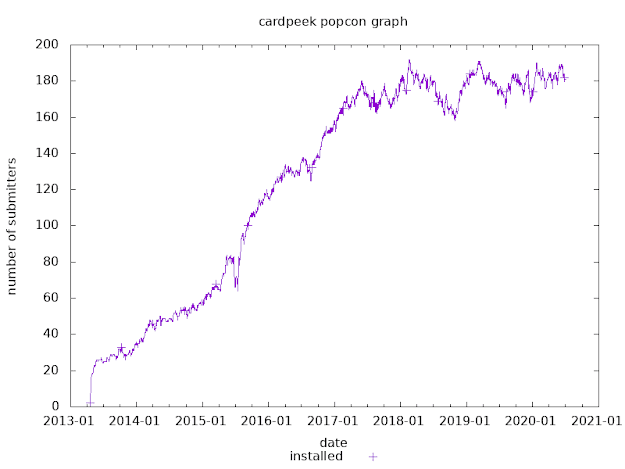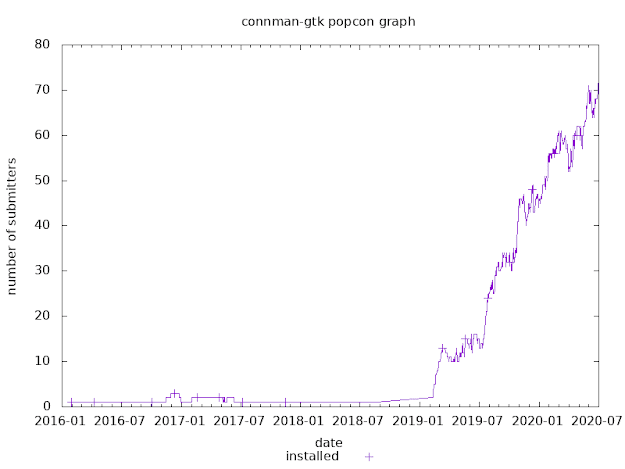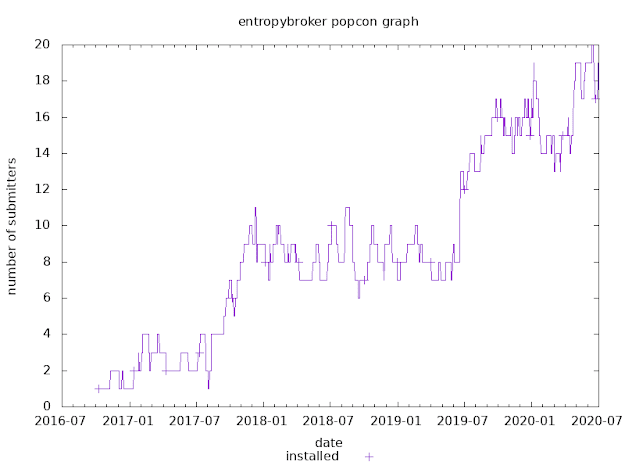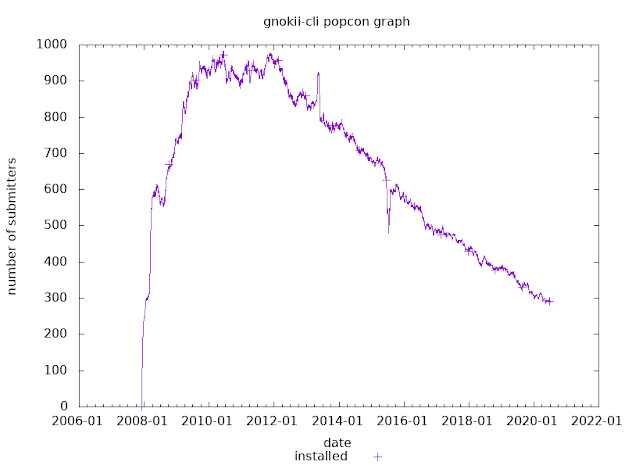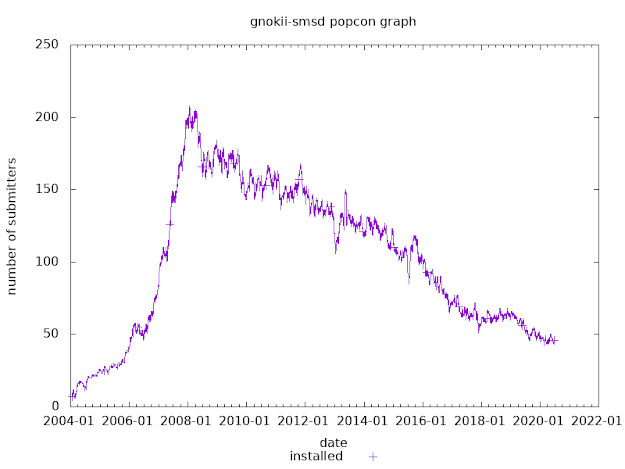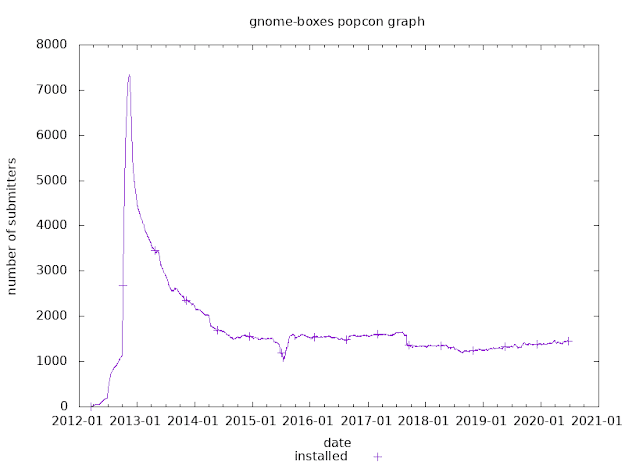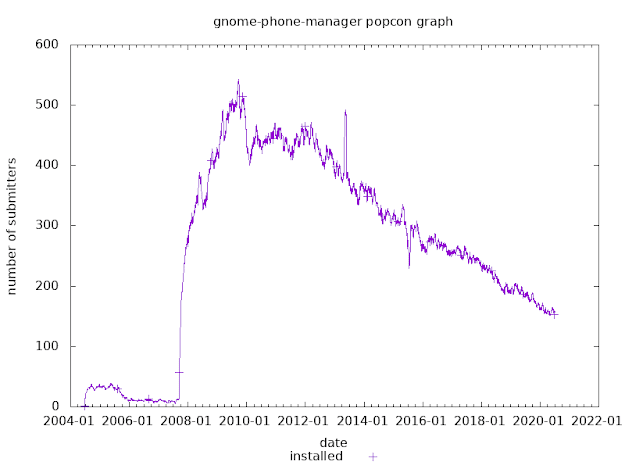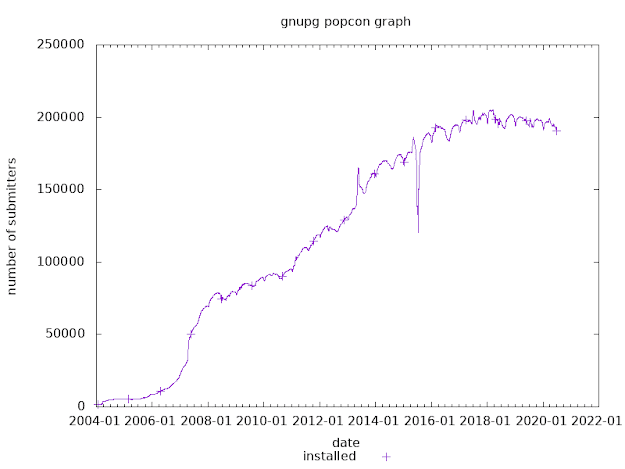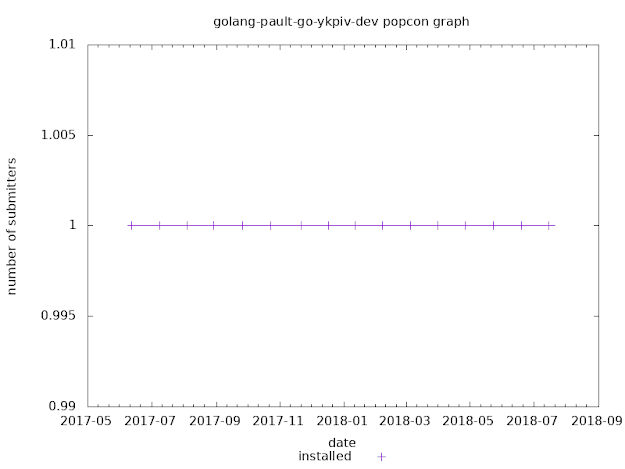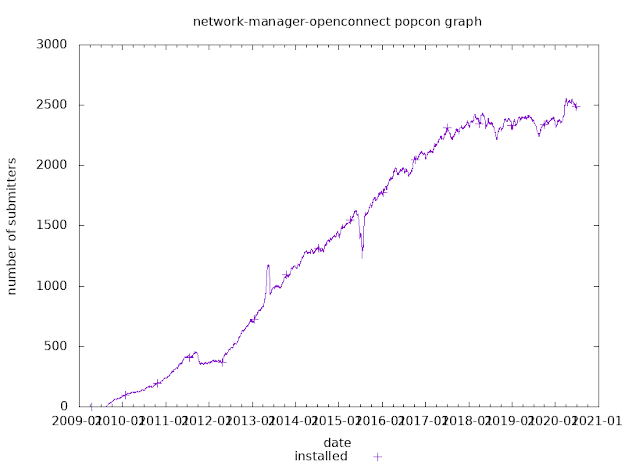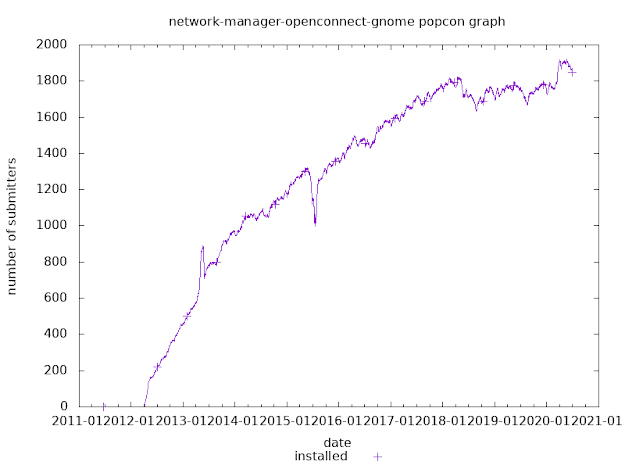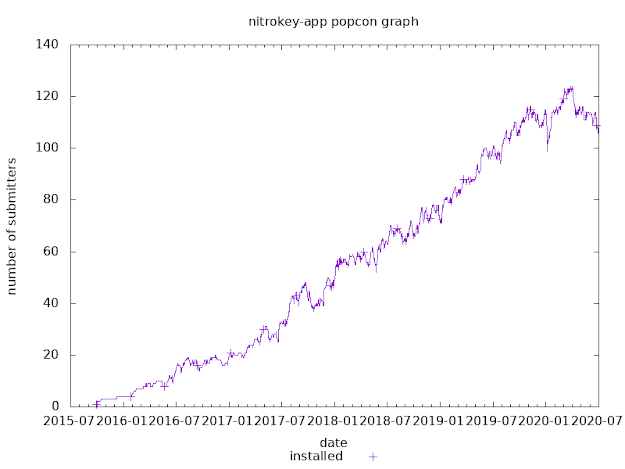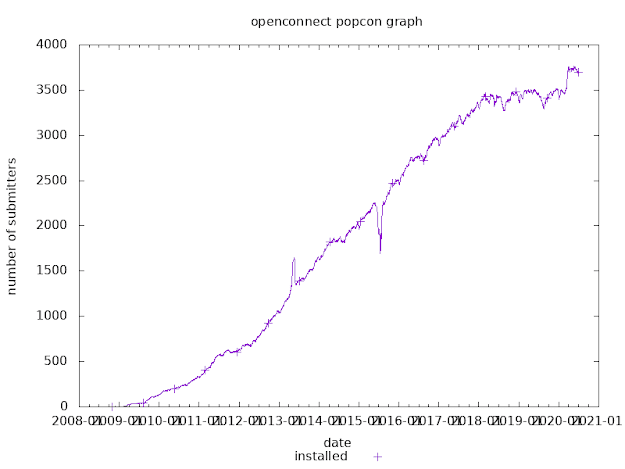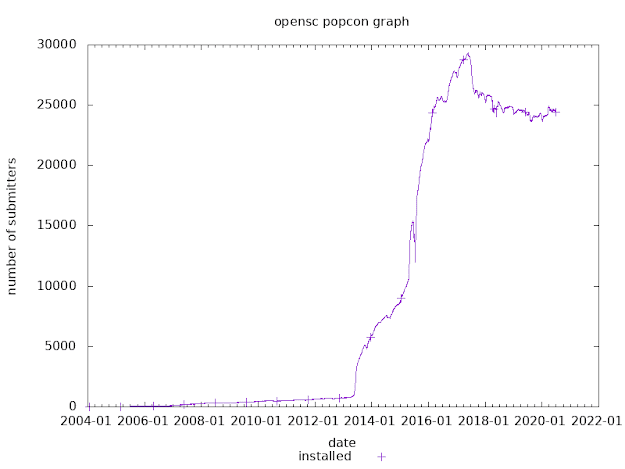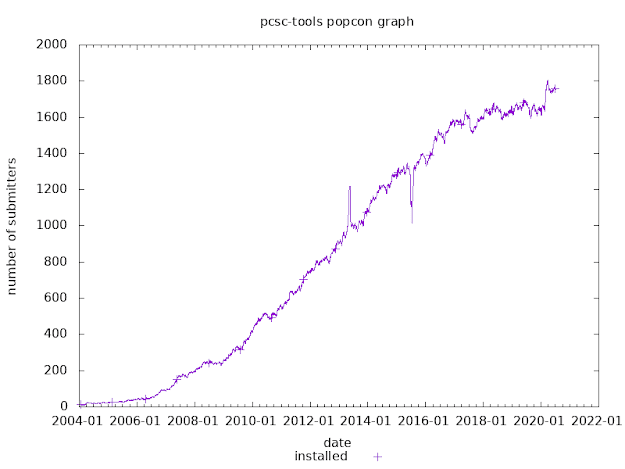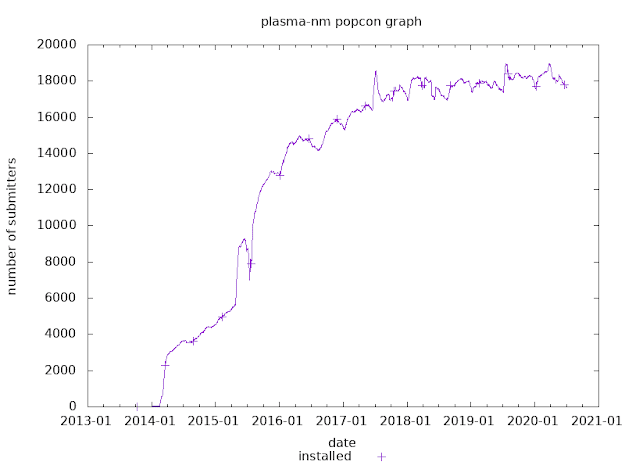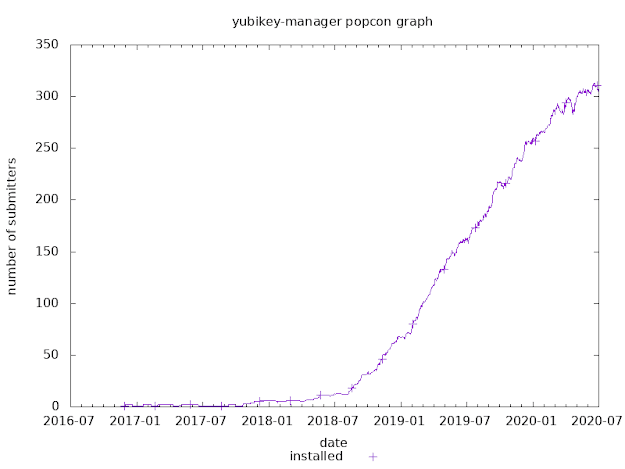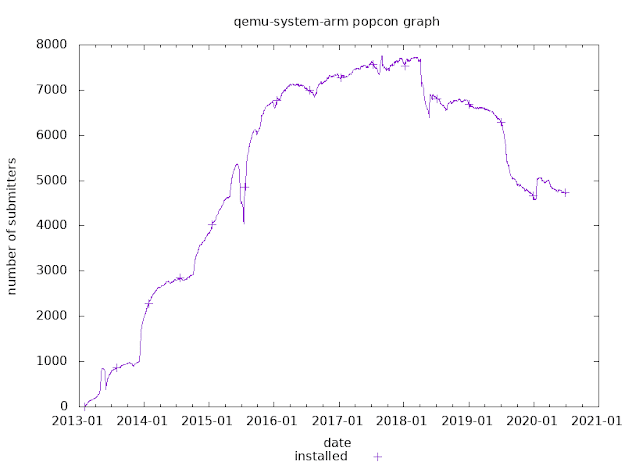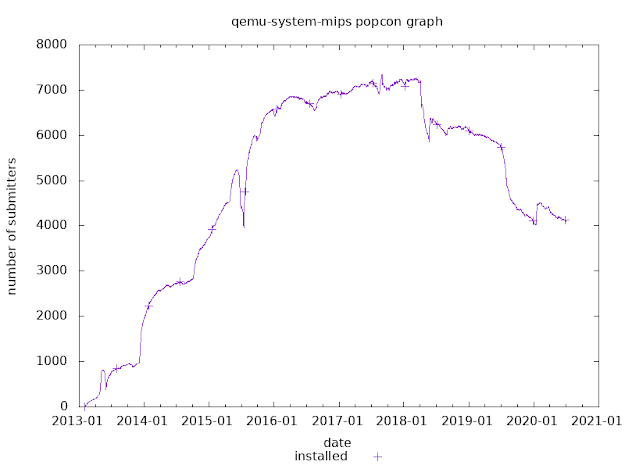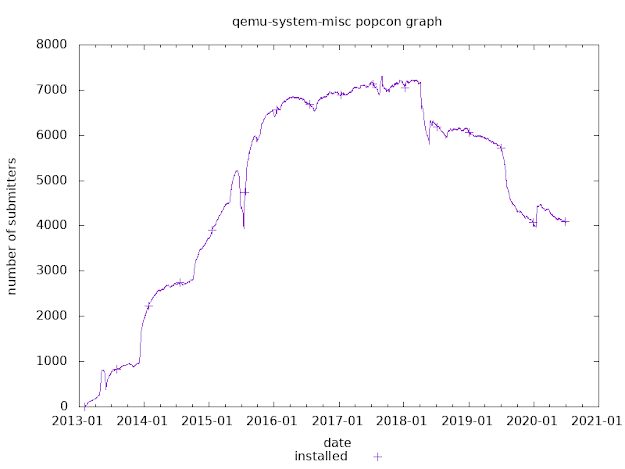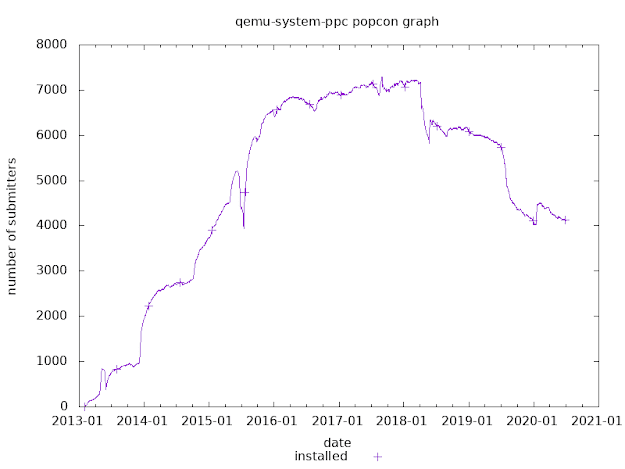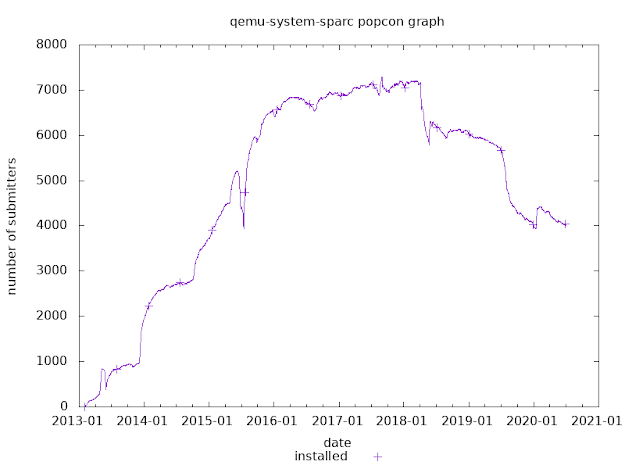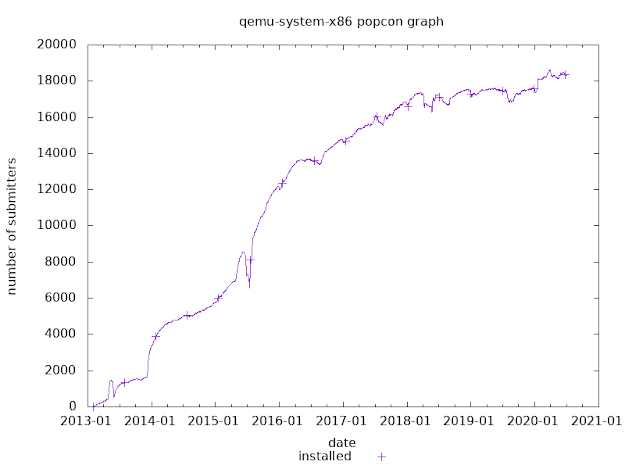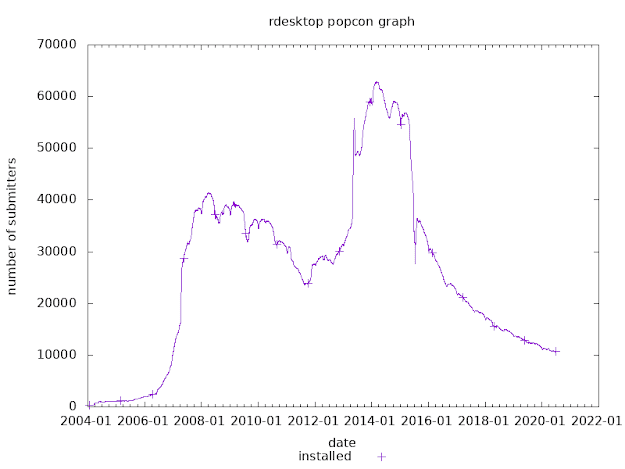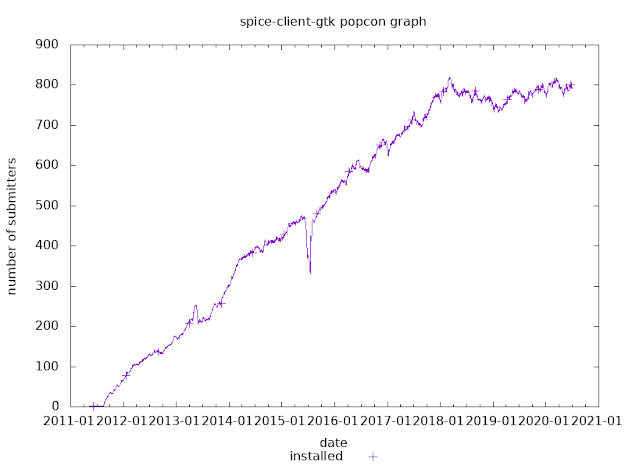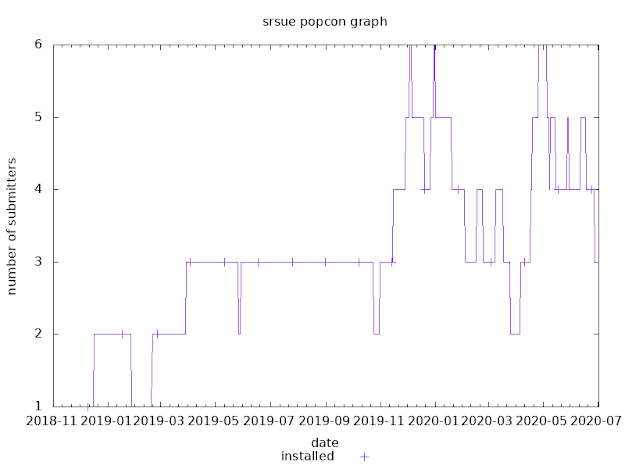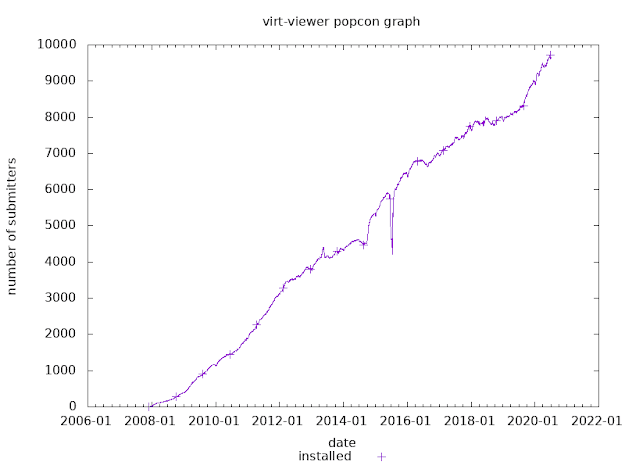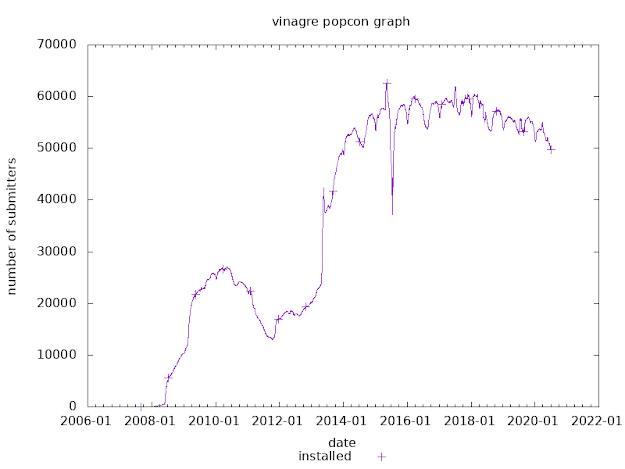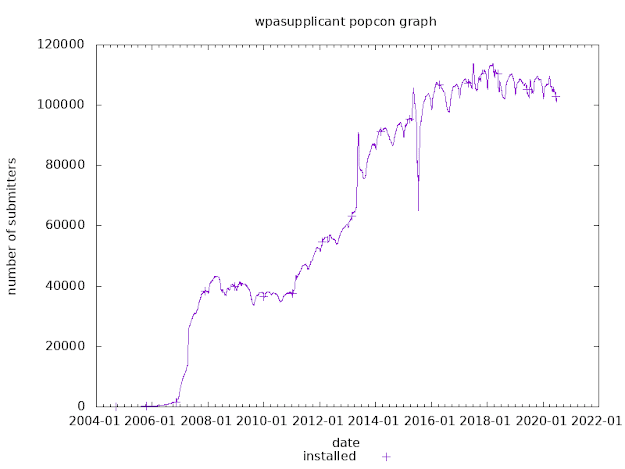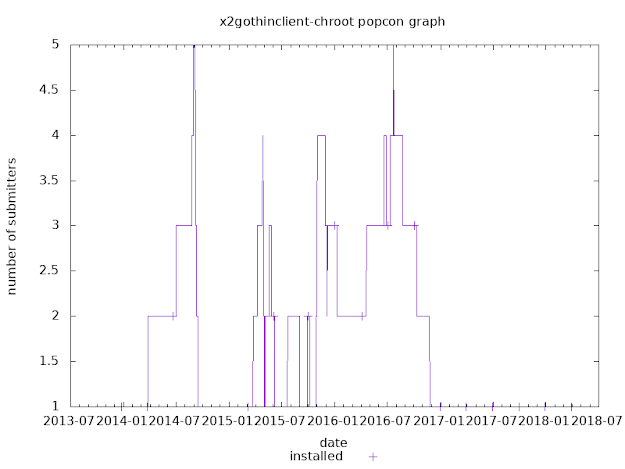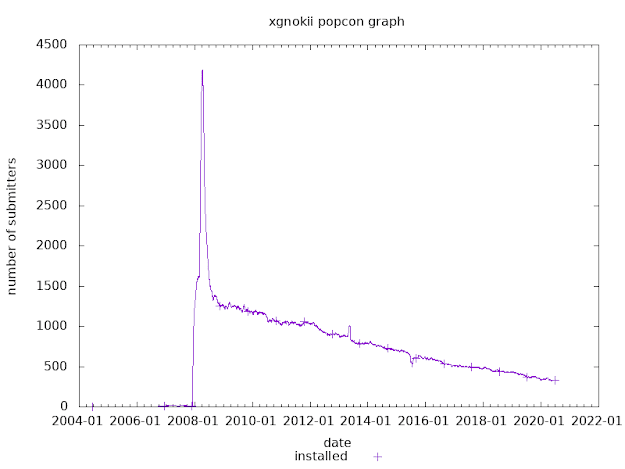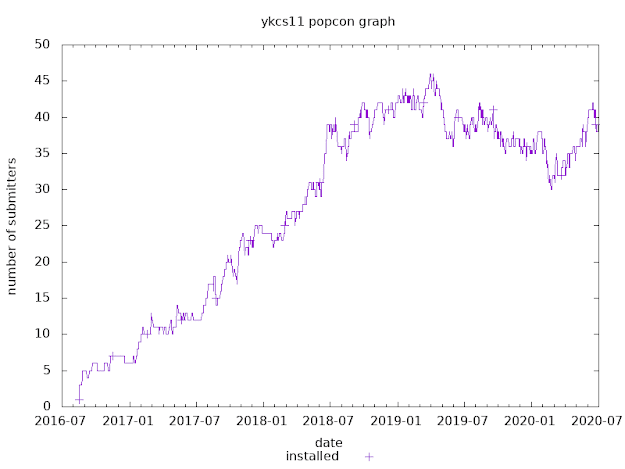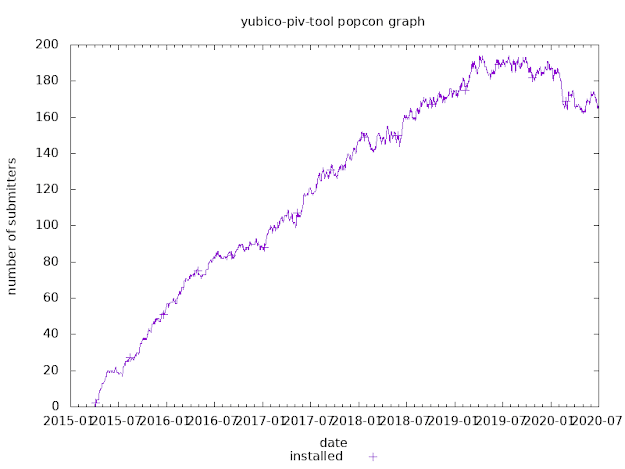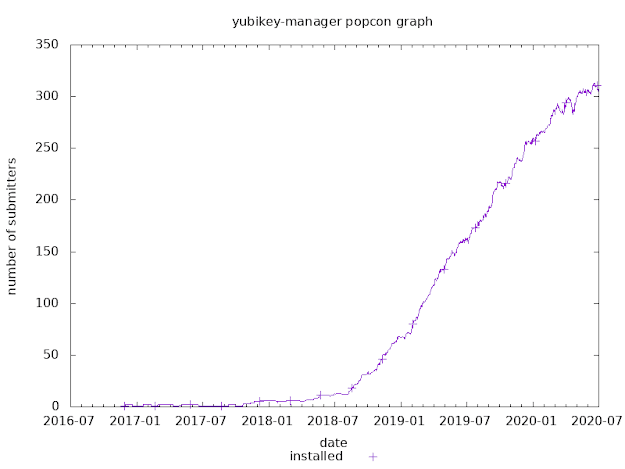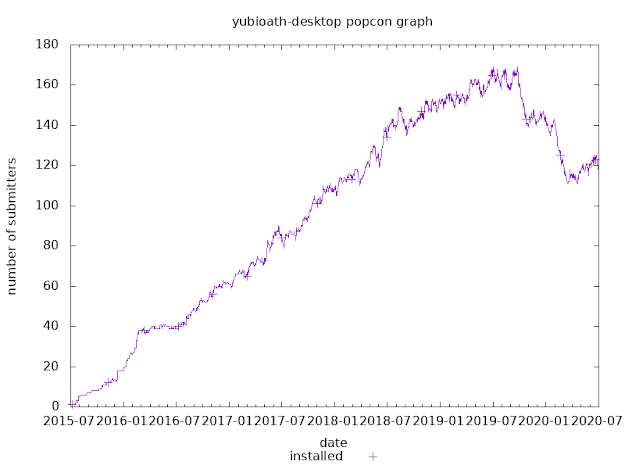Smart card Usage in Debian: applications
See "Smart card Usage in Debian: pcscd and drivers" and "Smart card Usage in Debian: middleware" for the previous articles.
The last layer above the smart card reader driver, the PC/SC resource manager
and the middleware are user applications.
I try to maintain a
list of smart card applications available in Debian.
I updated the list when writing this blog article. New Debian packages have
been added, and others have been removed.
ausweisapp2: Official authentication app for German ID cards and residence permits
cardpeek: Tool to read the contents of ISO7816 smartcards
connman-gtk: fully-featured GUI for ConnMan with systray support
entropybroker: infrastructure for distributing random numbers (entropy data)
gnokii-cli: Datasuite for mobile phone management (console interface)
gnokii-smsd: SMS Daemon for mobile phones
gnome-boxes: Simple GNOME app to access remote or virtual systems
gnome-phone-manager: control aspects of your mobile phone from your GNOME 2 desktop
gnupg: GNU privacy guard - a free PGP replacement
golang-pault-go-ykpiv-dev: high level cgo wrapper around libykpiv.so.1
network-manager-openconnect: network management framework (OpenConnect plugin core)
network-manager-openconnect-gnome: network management framework (OpenConnect plugin GNOME GUI)
nitrokey-app: Application to manage the Nitrokey
openconnect: open client for Cisco AnyConnect, Pulse, GlobalProtect VPN
opensc: Smart card utilities with support for PKCS#15 compatible cards
pcsc-tools: Some tools to use with smart cards and PC/SC
plasma-nm: Plasma5 networkmanager library.
python3-yubikey-manager: Python 3 library for configuring a YubiKey
qemu-system-arm: QEMU full system emulation binaries (arm)
qemu-system-mips: QEMU full system emulation binaries (mips)
qemu-system-misc: QEMU full system emulation binaries (miscellaneous)
qemu-system-ppc: QEMU full system emulation binaries (ppc)
qemu-system-sparc: QEMU full system emulation binaries (sparc)
qemu-system-x86: QEMU full system emulation binaries (x86)
rdesktop: RDP client for Windows NT/2000 Terminal Server and Windows Servers
spice-client-gtk: Simple clients for interacting with SPICE servers
srsue: User Equipment implementation for LTE
virt-viewer: Displaying the graphical console of a virtual machine
vinagre: remote desktop client for the GNOME Desktop
wpasupplicant: client support for WPA and WPA2 (IEEE 802.11i)
x2gothinclient-chroot: Install X2Go Thin Client chroot (metapackage)
xgnokii: Datasuite for mobile phone management (X interface)
ykcs11: PKCS#11 module for the YubiKey PIV applet
yubico-piv-tool: Command line tool for the YubiKey PIV applet
yubikey-manager: Python library and command line tool for configuring a YubiKey
yubioath-desktop: Graphical interface for displaying OATH codes with a Yubikey
Installations
| Package | # of installation | % of Debian systems |
| gnupg | 189853 | 96,29 % |
| wpasupplicant | 100666 | 51,06 % |
| vinagre | 49424 | 25,07 % |
| opensc | 24336 | 12,34 % |
| qemu-system-x86 | 18292 | 9,28 % |
| plasma-nm | 17497 | 8,87 % |
| rdesktop | 10575 | 5,36 % |
| virt-viewer | 9638 | 4,89 % |
| qemu-system-arm | 4708 | 2,39 % |
| qemu-system-ppc | 4099 | 2,08 % |
| qemu-system-mips | 4096 | 2,08 % |
| qemu-system-misc | 4070 | 2,06 % |
| qemu-system-sparc | 4007 | 2,03 % |
| openconnect | 3679 | 1,87 % |
| network-manager-openconnect | 2457 | 1,25 % |
| network-manager-openconnect-gnome | 1832 | 0,93 % |
| pcsc-tools | 1743 | 0,88 % |
| gnome-boxes | 1446 | 0,73 % |
| spice-client-gtk | 791 | 0,40 % |
| python3-yubikey-manager | 338 | 0,17 % |
| xgnokii | 319 | 0,16 % |
| yubikey-manager | 298 | 0,15 % |
| gnokii-cli | 288 | 0,15 % |
| cardpeek | 176 | 0,09 % |
| yubico-piv-tool | 165 | 0,08 % |
| gnome-phone-manager | 155 | 0,08 % |
| yubioath-desktop | 115 | 0,06 % |
| nitrokey-app | 103 | 0,05 % |
| connman-gtk | 73 | 0,04 % |
| ausweisapp2 | 69 | 0,03 % |
| gnokii-smsd | 47 | 0,02 % |
| ykcs11 | 36 | 0,02 % |
| entropybroker | 19 | 0,01 % |
| srsue | 2 | 0,00 % |
| golang-pault-go-ykpiv-dev | 1 | 0,00 % |
| x2gothinclient-chroot | 0 | 0,00 % |
Conclusion
The first real smart card application with the most installations is OpenSC with 12% of Debian systems. Hello and well done to my OpenSC developers collegues.
The use of smart card is not developed. Maybe it is more deployed in enterprises since "many" business laptops have an integrated smart card reader. So there must be market and customer demand for these configurations. But maybe also these enterprises systems do not have the popularity-contest package installed so are not visible in the statistics here.
